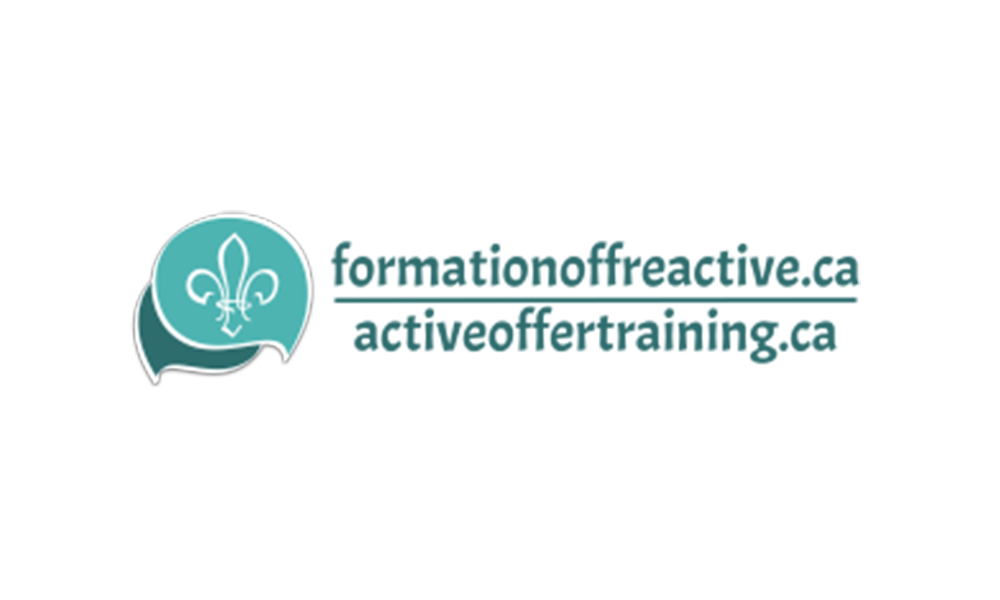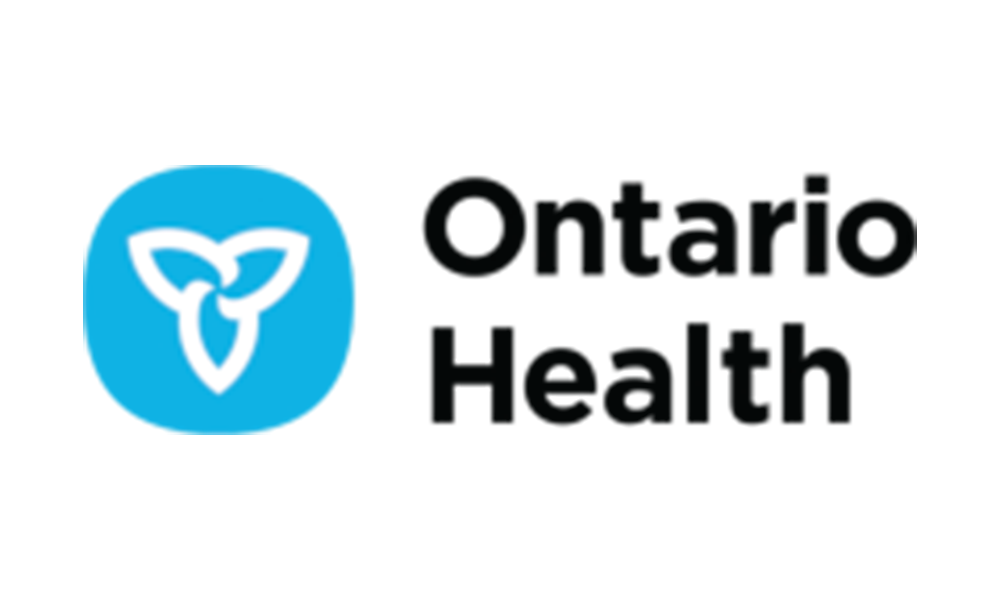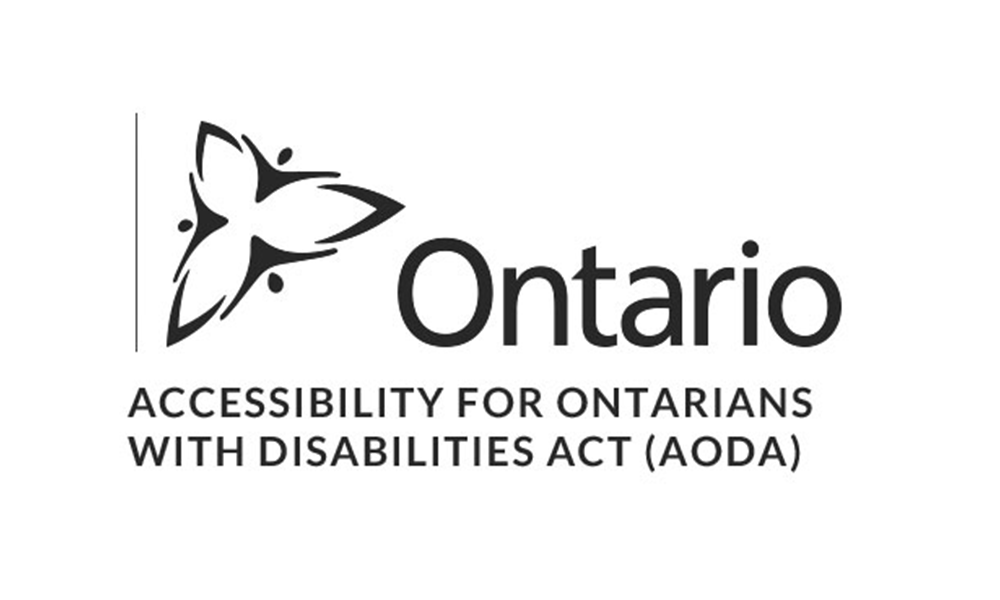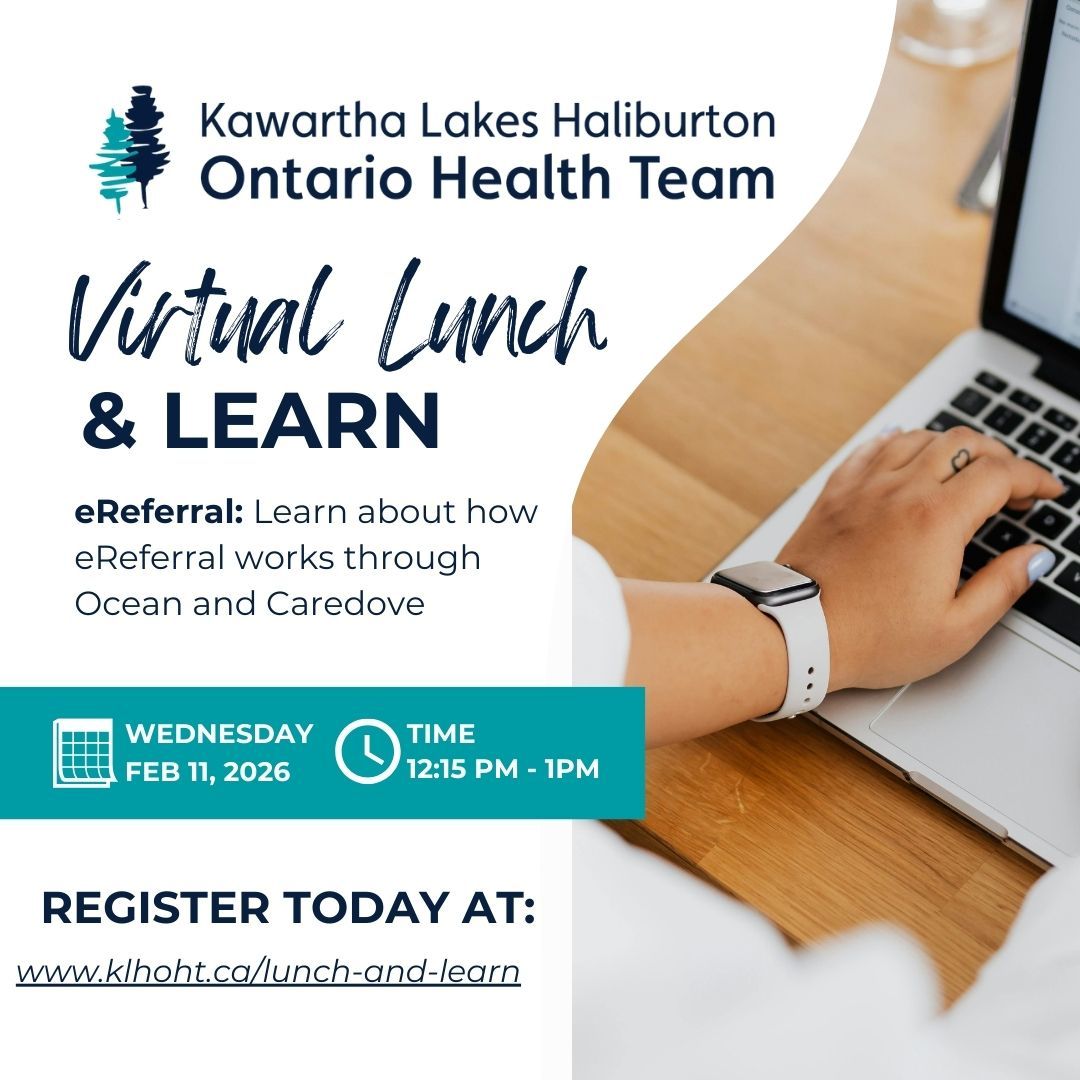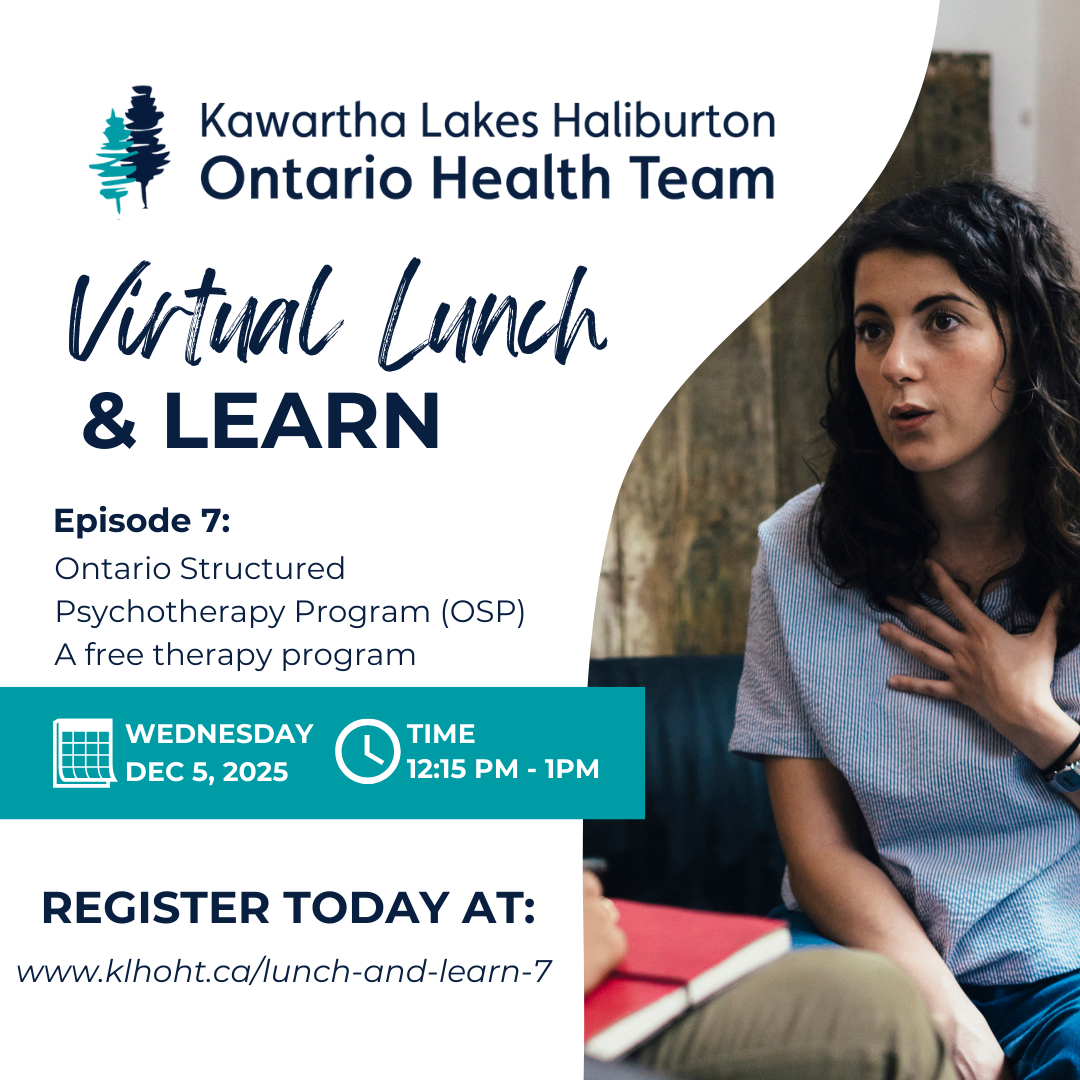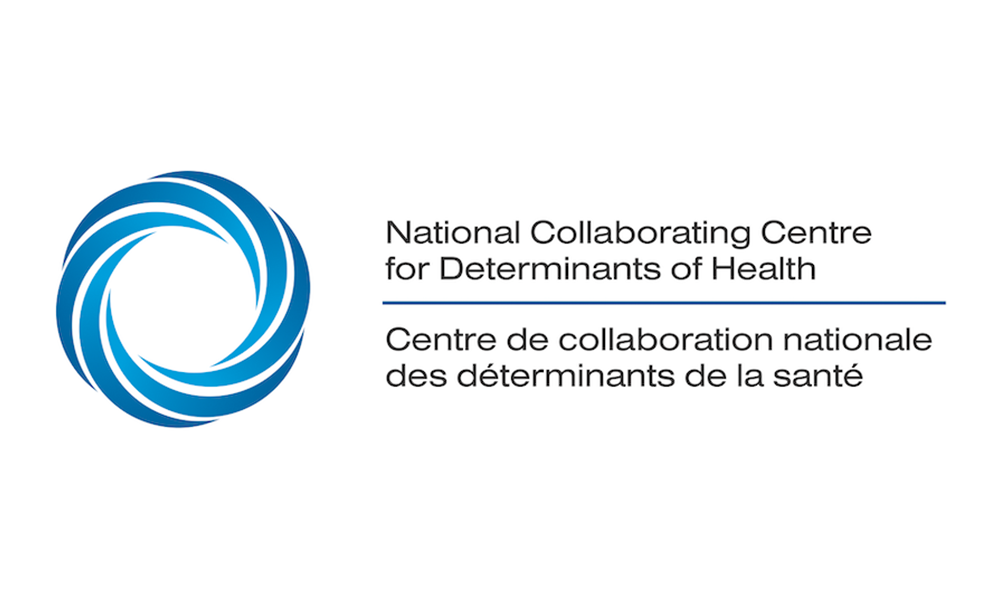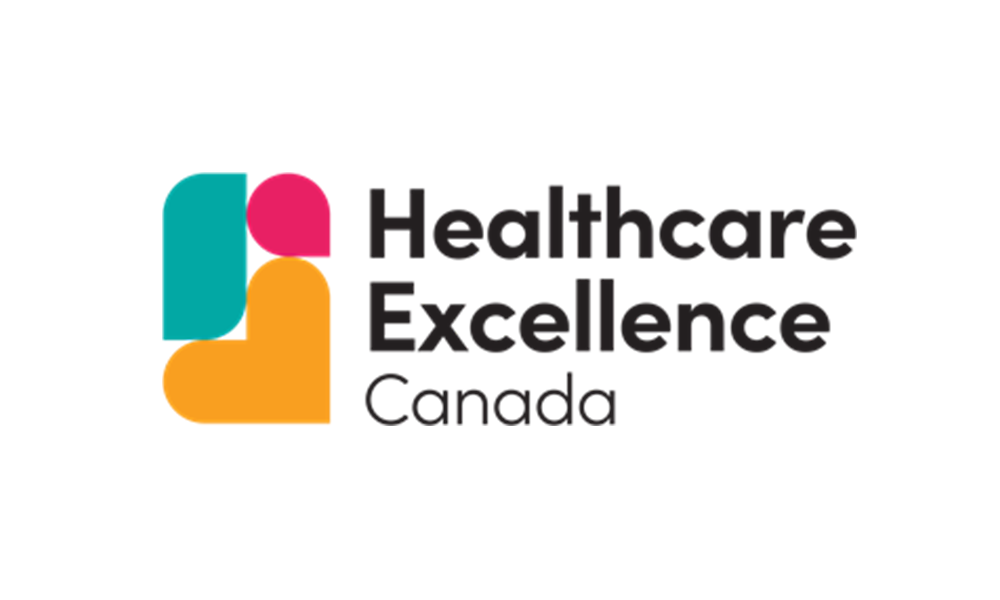Cold, COVID-19 and Flu Care Clinic Opens
(Lindsay, ON) – Ross Memorial Hospital is operating a Cold, COVID-19 and Flu Care Clinic as of today.
The appointment-only Cold, COVID-19 and Flu Care Clinic is a transition from the hospital’s COVID-19 Assessment Centre. It features expanded clinical assessment eligibility to individuals experiencing a wider range of symptoms.
The Cold, COVID-19 and Flu Care Clinic should also help reduce some pressure on the hospital’s Emergency Department.
If individuals are unable to successfully book an appointment with their primary care provider, or do not have one, they can book a clinical assessment at Ross Memorial’s Cold, COVID-19 and Flu Care Clinic when:
- You are experiencing a worsening of any of the following symptoms:
- Fever/chills, decrease or loss of taste or smell, muscle aches/joint pain, extreme tiredness, sore throat, runny or congested nose, headache, decreased appetite (young children only), or cough, abdominal pain or pink eye that is not related to other causes.
- You have been directed by your primary care provider; unable to book an appointment; or another health care professional has referred you.
- You are unable to safely monitor your symptoms at home.
- You will be visiting a long-term care home
- You are eligible for COVID-19 testing in alignment with provincial eligibility criteria. *Travel swabs are not available at this clinic.*
- You require COVID-19 testing prior to medical procedure
- You are at higher risk of severe illness, including:
- immunocompromised individuals aged 18 and over regardless of vaccine status
- unvaccinated individuals aged 60 and over
- unvaccinated First Nation, Inuit and Métis individuals aged 50 and over
- unvaccinated individuals aged 50 and over with one or more risk factors
If symptoms are severe, including difficulty breathing, chest pain, confusion or loss of consciousness, call 911 or proceed to the Emergency Department.
The Cold, COVID-19 and Flu Care Clinic will be booking appointments Monday to Friday, from 8:30 a.m. to 4:00 p.m., excluding statuary holidays. Individuals can book an appointment by calling 705-328-6217.
Share this Post
More News

